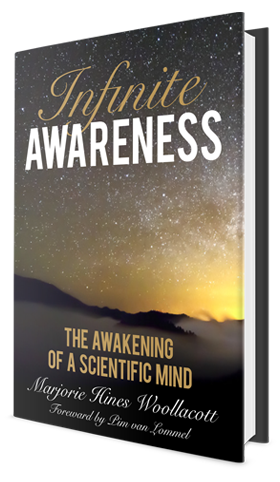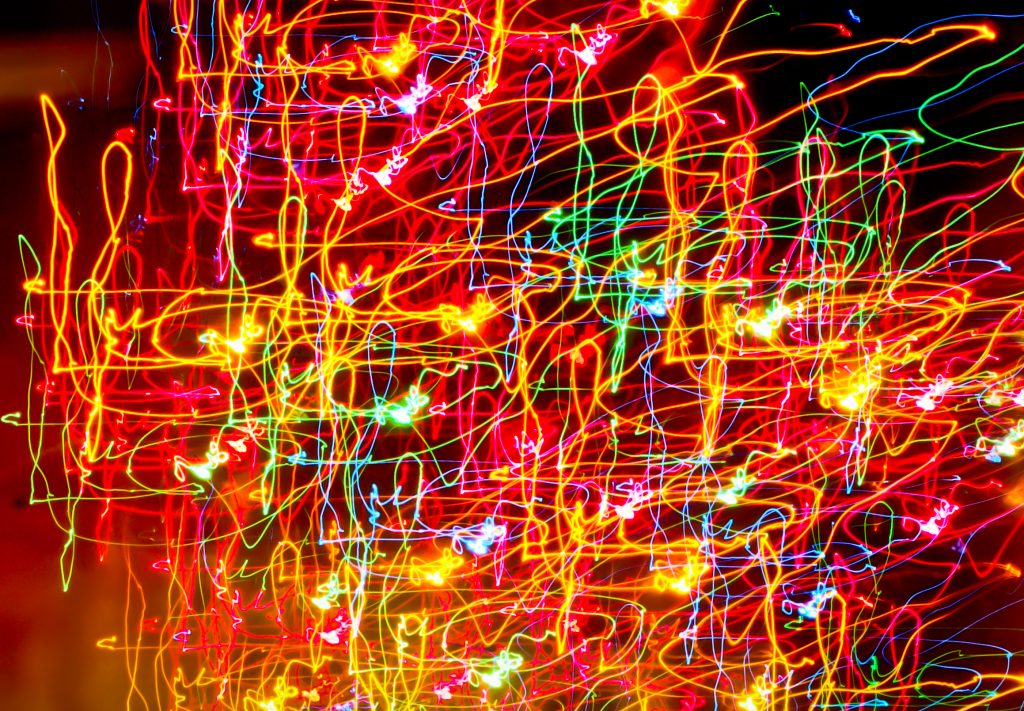Questions on Mind, Meditation, and Awareness
Is human consciousness simply a product of brain activity?
Most neuroscientists say that you must have an active brain in order to have conscious experience, yet there is much research evidence that suggests otherwise. In the area of near-death experience (NDE) during cardiac arrest, I have seen compelling evidence to support the premise that human consciousness does not require a functioning brain. A sizable percentage of cardiac arrest patients report having these experiences even though their body—including, naturally, their brain—has been judged by medical professionals to be nonfunctioning, to be dead.
One NDE study, done in the Netherlands (van Lommel et al, 2001), aimed to establish the probability of an NDE occurring in cardiac arrest survivors. In interviews with 344 cardiac arrest survivors from 10 hospitals, the researchers found that 41 patients—12 percent—reported a near-death experience. Of these NDE patients, 24 percent indicated they had been able to watch and could recall events that happened around them during their cardiac arrest. The occurrence of these events was verified by outside observers, and the fact that there was no electrical activity in these patients’ brains at the time the events occurred was also verified. How then could the brain be the sole source of conscious experience?
Looking at this and other NDE studies, one researcher concludes, “This has raised a number of questions regarding the mechanism of causation of cognitive processes and memory during cardiac arrest. It has also raised questions regarding the relationship of the mind and the brain. This is because, using current theories of neuroscience, this should not be possible.” (Parnia et al, 2007)
Edward Kelly and colleagues (2011) state that NDEs actually seem to suggest a type of mental functioning that varies “inversely, rather than directly, with the observable activity of the nervous system.” Their observation stems from reports by a number of NDE patients who say that during cardiac arrest they experienced that their identity is beyond their body or their individual consciousness; they report experiences of unconditional love and peace, and after these patients recover, some have the conviction that consciousness is the substratum of everything that exists. Kelly and his colleagues state, “Such evidence, we believe, fundamentally conflicts with the conventional doctrine that brain processes produce consciousness, and supports the alternative view that brain activity normally serves as a kind of filter, which somehow constrains the material that emerges into waking consciousness.”
Is there a relationship between the state experienced in a near-death experience and that of deep meditation?
Some people who experience an NDE seek to regain or replicate that state using meditation, which is the practice of focusing the mind in order to go beyond it. It is as if these people have glimpsed “beyond the veil” and want to find that state again.
I would suggest that both the meditation and near-death experiences reported by many people offer glimpses into a higher reality—and by this I mean a reality more subtle than the one to which our nervous system usually has access. At those moments in our lives when the mind has been quieted, we may indeed go “beyond” our nervous system’s usual capacities. As Ed Kelly and colleagues suggest in their book Irreducible Mind, an active mind may actually inhibit certain kinds of expanded mental processes—precisely what meditation teachers have been saying for thousands of years!
Kelly et al. propose a “transcendent” model of the NDE and the meditation experience. By this they mean there may be characteristics or levels of reality not normally accessible to our awareness, and that these may be part of a transcendent level of reality. These are the same transcendent experiences that are described in many mystical meditation traditions including my own. This is the reason I meditate. I enjoy those states of expansive peace and joy that go well beyond what I normally experience in day to day life. And these states are available to through the simple process of quieting your mind.
Is there scientific research supporting the existence of reincarnation?
At major universities a number of research scientists (e.g., Ian Stevenson, Jim Tucker, Antonia Mills, and others) have gathered compelling evidence that, I believe, supports the existence of reincarnation. The man considered the “father” of this research, however, would not state this so directly. Ian Steveson refers not to evidence in support of reincarnation but to cases “suggestive of reincarnation.”
The mode of research used most often is to interview the families of very young children who claim to remember previous lives. The interview techniques used are like those practiced currently in the legal system and involve only direct encounters with first-hand witnesses. The cases involve children, often only two or three years of age, who have begun to speak about events and people their parents know nothing about. These children have memories or dreams that, it seems, they cannot possibly know from their own very limited life experience. In fact, at such an early age, it is a fairly easy matter to verify whether certain information has been given to the children—shown to them, told them—or whether it arises from a truly spontaneous memory. From what the children say, the researchers identify what might be their previous family or life experience and then, through careful interviews with everyone concerned, verify the accuracy of the “facts” that the child has remembered.
When I first began reading about cases of reincarnation, I was somewhat skeptical that I would find strong evidence for the survival of a person’s consciousness and mental characteristics or personality after the body’s death. Like Stevenson, early in his career, I thought it unlikely that one could accumulate enough evidence to truly suggest reincarnation. After reading the careful summaries of many researchers on these cases, however, I find myself quite convinced by the data they present. I have noted a number of these cases in my book Infinite Awareness.
Pre-order Infinite Awareness now on Amazon and please like my new Facebook page!

Congratulations. I can’t wait to read this. What a wonderful contribution to the world. Great job,
Thanks, Sandy! It has been a wonderful exploration.
Marjorie
You’re so amazing!
Thank you Mira! And I hope you enjoy reading Infinite Awareness.
I was wondering whether you have ever heard a voice in your head, or not, while meditating? I have. Just once. Is this part of meditation that occurs?
Thank you.
Dear Pat,
Thanks for the question. When we meditate we are quieting the usual thoughts of our mind, so we often can access a deeper more authentic part of ourselves. So sometimes when I meditate I have insights about a situation in my life, or a deeper understanding about something. These might come in the form of words for me, or simply a new sense of direction in my life.
Marjorie
I would like to know when a person is declared dead in a hospital is it by you’re not breathing anymore plus no brain activity, or is it no more breathing. Is it possible to be given something to a patient to make others think the patient is dead but they aren’t?? Say they put u on a machine but u have no activity.
Dear Jeanne,
Death is defined as the permanent cessation of all bodily functions. So, if those functions are restored, then the person is not considered to have “died” – but when the heart stops there is no more blood to the brain, and therefore the brain stops functioning. And it is in this state that most near death experiences happen. The person has no brain activity, but is lucid, and often hyper-aware, sometimes seeing things from a vantage point that is not possible through their own senses.
Best,
Marjorie
Dear Marjorie – Listened to you tonight on CoasttoCoastam.com, most interesting show George has ever done, thanks for sharing all your research information, will be buying your book. I have GOT to learn how to meditate. Have a wonderful holiday.
Dear Rick,
Thanks for your comments. I am so happy you liked the discussion we had last night. I look forward to hearing more from you after you have read the book – and also as you explore meditation. It is powerful!
Best,
Marjorie
Marjorie
I read your book in one sitting and now I am reading it slowly trying to absorb the whole concept, truly a wonderful book. If you get a chance try to look up the writings of one Swami Poornanda, on “Meditations”he has tried to answer some of the questions you have raised from Vedanta, Yoga Vasishta and Adwaita schools of thought, including the concept of SO-HAM.
Infinite awareness is a great book, I will certainly recommend it to my friends who are interested in meditation.
All the best
Krishnan
Dear Krishna,
I am happy to enjoyed Infinite Awareness, and are reading it a second time! And thank you for your comments. I really appreciate the yogic texts that discuss meditation. They are very profound.